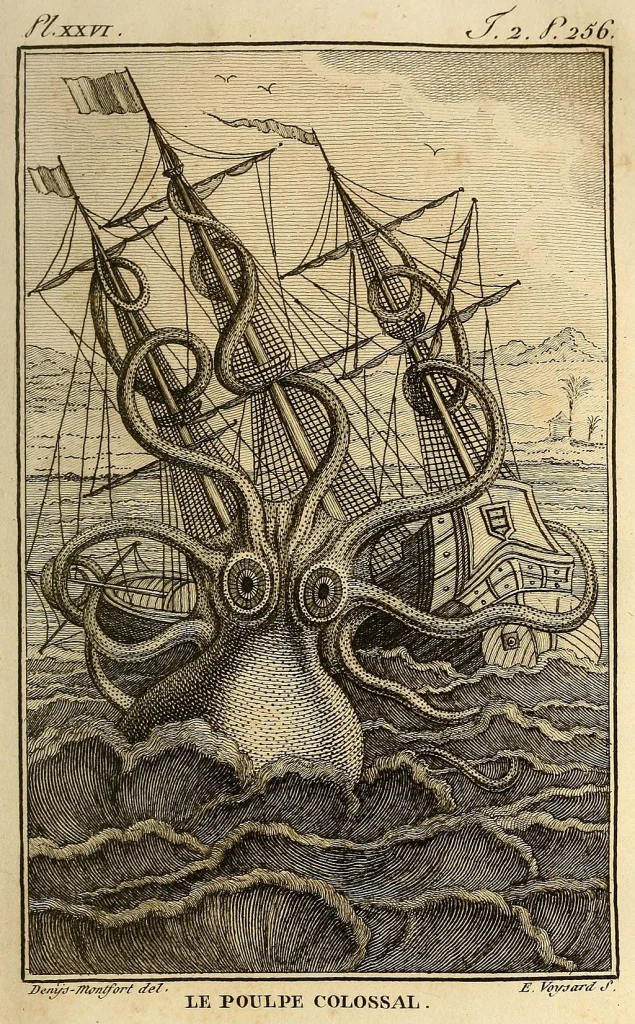Well it’s Hugo Season again (and has been for a little while), which means I ought to start adding a few more reviews to the List of Hugo Nominees I’ve Reviewed. I’ll admit that after ANOTHER scandal with the Chengdu awards last year in 2023, my interest and enthusiasm for the awards have greatly diminished.
However, my love and adoration of all stories written by P. Djeli Clark has not, so I figured I’d at least check out his nomination. Starter Villain by John Scalzi, and The Adventures of Amina al-Sirafi by Shannon Chakraborty are both excellent and I’d already reviewed them on this blog independent of any Hugo nominations, so please check out those reviews if you’d like.
I’ll likely post a few more ‘hugo’ related reviews before August (I apparently post about video games now, and just so happen to be most the way through Chants of Sennaar), but my approach will definitely be a lot more relaxed than in years past.
Pointless housekeeping aside, let’s dive into this little gem shall we?
In last week’s review of Fonda Lee’s Untethered Sky, I observed that it’s easy to allow a story’s page length to bias our interpretation of it (and our description later on when reviewing). We can’t help but try to make it sound fun, or playful, even when its tone is more serious and nuanced. We enjoyed it, but saying “This piece destroyed me, but in a good way.” seems somewhat incongruous.
We don’t have to worry about this at all with How to Raise a Kraken in Your Bathtub. It is legit ‘a romp’.
Does it have serious commentary about ambition, colonialism, racism and (somewhat) classism? Yes. It is also about raising a baby Kraken.
You don’t need to read about it on the the author’s blog to sense a kind of giddiness about the story. It’s a goofy idea, and yet it’s also a significant one.
Some mechanics of the story were also interesting to me, whether it’s because I’m a writer, or for some other reason I’m not sure, but I couldn’t help but think that the choice of the main character was interesting.
Trevor Hemley is a pretty unlikable dude (the author also notes the risk of this on his blog). He’s self-centered, smug, and racist. Yet his eyes are the ones through which we see the story, and I would argue that it is essential to this story that this is true. On a practical level, we need his POV because Trevor’s ambitions and projects need to be kept secret in order to succeed and we could not be privy to them through another point of view, but more philosophically, this positioning means that all of the things we hate about him — which in many respects are the theme of the story — are reinforced by the story’s ending.
For (a somewhat random) example, consider A Christmas Story. As adults we know that those little puzzles on the back of cereal boxes (or hot chocolate) are BS, but the main character has yet to realize it. His reaction to this loss of innocence is hilarious, but also meaningful because it’s reaffirmed our own beliefs by the end of the scene.
Somewhat less analytical: this scene from A Christmas Story was in the back of my mind pretty much the whole time I was reading this. I was just waiting for some reveal to which Trevor would respond “Son of a B@ch!”. This was it’s own kind of fun.
Anyway, this post is starting to feel a bit long, so I’ll just mention one small criticism before wrapping up. The opening scene (in the bar) felt a bit needless to me, and I wondered if the story should have started with the delivery of the kraken egg to Trevor’s house. As it stands, the opening serves as this sort of weird overture which does express the themes of the story and introduces us to our characters, but I didn’t really feel engaged in the story until the kraken egg arrives. Perhaps this is just personal preference.
But Should it Win a Hugo?
Ultimately, hard to say. It is an excellent story, and a genuine joy to read but I haven’t yet read any of the other stories on the ballot yet. My feeling is that something with a slightly less comedic tone will take the award, but I also feel that post-pandemic, stories with this kind of absurdity are a bit more desirable.
I would certainly be happy if this story won, but only time will tell.
That’s all I have for this week. What are your thoughts? Would you try to raise a kraken in your bathtub? Which nominee do you think will win the Hugo? Let me know in the comments. I’m excited to talk more about this one!
See you next time.
